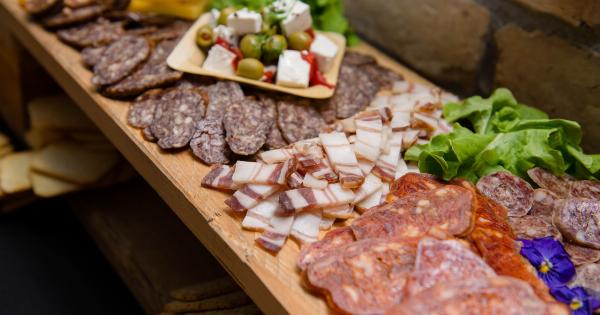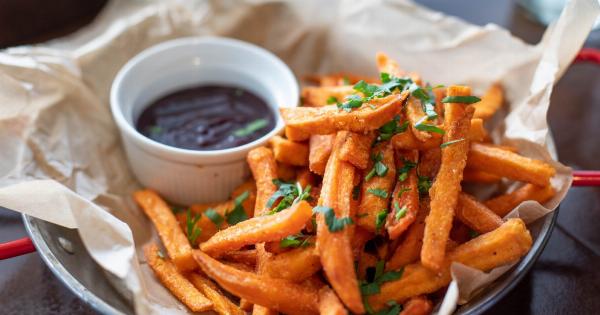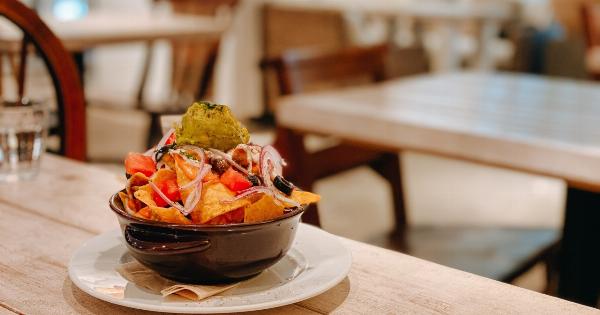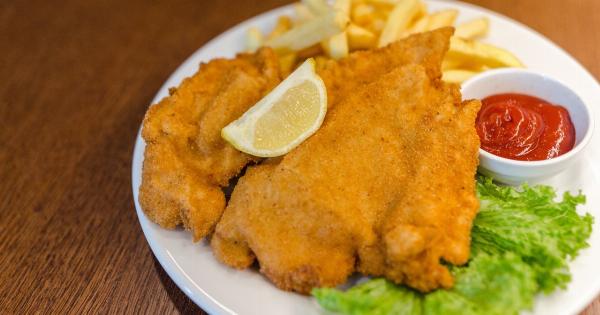Bloating is a common digestive problem that can leave you feeling uncomfortable, sluggish, and bloated after meals. It can be caused by a variety of factors, including stress, hormonal changes, and certain foods.
In this article, we’ll focus on foods that are known to cause bloating and suggest healthy alternatives that can help you avoid digestive discomfort.
1. Beans and Legumes
Beans and legumes are high in fiber, which is good for digestion, but they can also cause gas and bloating. This is because they contain sugars, such as raffinose and stachyose, that our bodies can’t digest.
When these sugars reach our large intestine, they are fermented by gut bacteria, causing gas and bloating in some people.
Instead of beans and legumes, try protein-rich and easily digestible foods like tofu, tempeh, quinoa, and lean meats like chicken or turkey.
2. Dairy Products
Dairy products, such as milk, cheese, and ice cream, can be difficult to digest for people who are lactose intolerant. Lactose is a sugar found in milk that the body may not be able to break down completely, leading to gas, bloating, and diarrhea.
Choose lactose-free or low-lactose dairy products, such as hard cheeses, yogurt or kefir, which are fermented and contain less lactose, or plant-based milk alternatives like almond, soy, or oat milk.
3. Cruciferous Vegetables
Cruciferous vegetables like broccoli, cauliflower, cabbage, and Brussels sprouts are loaded with nutrients but can cause bloating and gas.
They contain complex carbohydrates that humans cannot digest and are instead fermented by the gut bacteria in the large intestine, producing gas as a byproduct.
Replace cruciferous vegetables with easily digestible vegetables like cucumbers, zucchini, bell peppers, and leafy greens like spinach or kale.
You can also try cooking cruciferous vegetables well as cooking helps to break down some of the complex carbohydrates in them.
4. Carbonated Drinks
Carbonated drinks, such as soda, beer, and sparkling water, contain carbon dioxide gas that can accumulate in your digestive tract, causing bloating.
The sugar and artificial sweeteners found in soda can also worsen bloating, by feeding the harmful bacteria in the gut and impairing digestion.
Instead of carbonated drinks, hydrate your body with water, herbal tea, or freshly squeezed juice. Reduce or eliminate consumption of drinks with added sugars, such as soda and sports drinks, which can also worsen bloating.
5. Artificial Sweeteners
Artificial sweeteners, such as aspartame, sorbitol, and xylitol, are commonly found in sugar-free products like gum, candy, and diet drinks. These substances are hard for the body to digest, which can lead to gas and bloating.
Replace artificial sweeteners with natural sweeteners like honey, maple syrup, or stevia. Keep in mind, though, that natural sweeteners can also trigger bloating and gas if consumed in large quantities, so moderate your intake of all sweeteners.
6. Fried Foods
Fried foods, like french fries, fried chicken, and doughnuts, contain high levels of fat and salt, which can slow down digestion and cause bloating. For some people, fried foods can also trigger heartburn and acid reflux.
Choose baked or grilled foods instead of fried foods. Try air-frying as a healthier alternative, using heart-healthy oils such as olive oil, avocadoc oil or coconut oil.
7. Processed Foods
Processed foods, such as chips, cookies, and candy, are often high in salt, sugar, and fat. These ingredients can cause water retention and slow down digestion, resulting in bloating and discomfort.
Opt for whole, minimally processed foods like fruits, vegetables, whole grains, and lean proteins to reduce bloating and improve overall health.
8. Onions and Garlic
Onions and garlic are flavorful and healthy additions to meals, but they contain fructans, a type of carbohydrate that is difficult to digest for some people. The undigested fructans can cause gas, bloating, and abdominal pain.
Choose alternative flavorings like herbs, spices, and lemon or lime juice. If you like using onions or garlic, try cooking them well or adding them in small amounts to reduce digestive discomfort.
9. Fatty Foods
Fatty foods, such as fried foods, cheese, and red meat, take longer to digest than other foods and slow down the digestive process. This can cause bloating and discomfort, especially if you eat large portions or consume fatty foods frequently.
Choose lean proteins like fish and chicken, healthy fats like avocado, nuts and seeds, and fiber-rich foods like vegetables, fruits, and whole grains instead of fatty foods.
10. Gum and Hard Candy
Chewing gum and sucking on hard candy can cause you to swallow excess air, leading to bloating and gas.
Some hard candies also contain sugar alcohols, which can cause digestive issues like bloating and diarrhea.
Instead of gum and hard candy, try natural alternatives like fresh fruit, nuts or seeds, Which provide a healthy alternative to satisfy your cravings without causing bloating and discomfort.
Conclusion
Bloating can be caused by a variety of foods. By knowing which to avoid, you can reduce your risk of digestive distress. Incorporate the alternatives mentioned above into your diet and lifestyle and you may find bloating and gas is history.






























